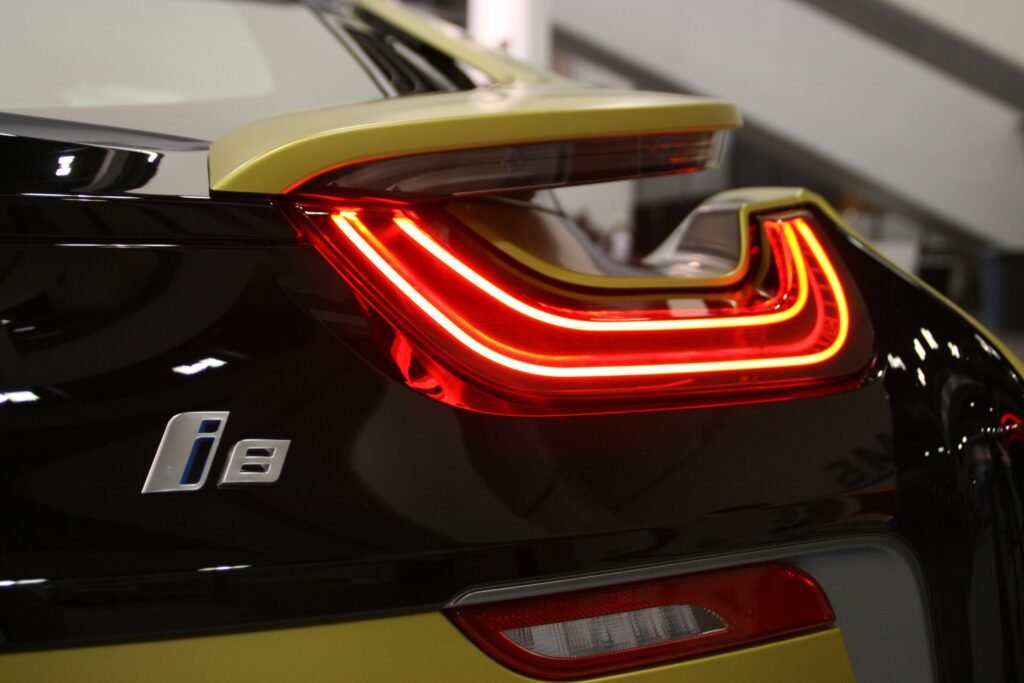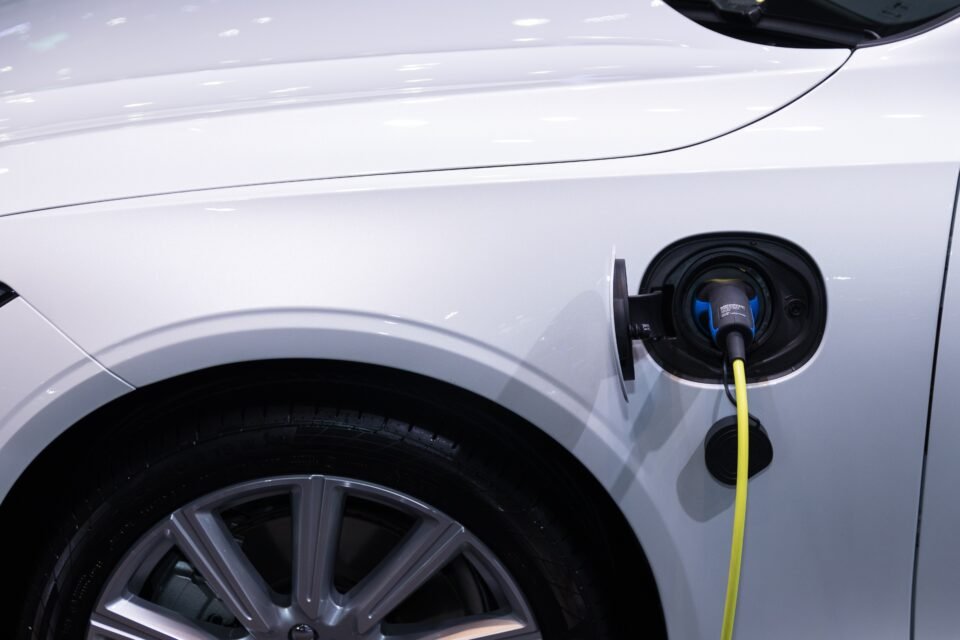What are hybrid cars, how do they work, the benefits of hybrid cars, and should you buy hybrid cars? Find out everything you must know in our useful guide. A hybrid car is one that uses more than one method of propulsion- that means it is a combination of a petrol or diesel engine with an electric motor.
One of the main benefits of hybrid cars is it should consume less fuel and emit less carbon dioxide than an equivalent conventional diesel or petrol-engine car. Hybrid car owners also attain extra benefits in the shape of lower first-year road tax and company car tax, as well as possibly preventing congestion charges.
How do Hybrid Cars work?
Hybrid cars have a conventional engine, an electric motor, and a battery. There are three different kinds of hybrids and each works in a different manner.
Parallel Hybrid Cars- These are the most common type of hybrid cars, and the Toyota Prius is the most popular example. This car’s wheels can be powered in three different manners: Either directly by the engine, or by just electric motor, or by both power sources working collectively.
While pulling away, and at speeds up to 15 mph, the Prius makes use of the electric motor for power, making it quite economical for city driving. The petrol engine cuts in as speed rises, and it is used most at the time of hard acceleration.
When you decelerate or use the brakes, the regenerative braking system generates electricity and stores it in the battery for later use. The battery is so big that the electric motor can power the car for nearly 1.25 miles.
Toyota makes use of this system in the Auris and Yaris Hatchbacks and Prius + MPV hybrids, whereas cars from companies like BMW, Audi, Lexus, Land Rover, Peugeot, Mercedes Benz, and Volkswagen work on a similar basis.
Range extender Hybrid Cars- These cars use their conventional engine to generate electricity for an originator that recharges the batteries. The engine never drives the car, it just produces energy from an electric motor.
The BMW i3 with Range Extender is one of the common examples. The Honda Jazz Hybrid also uses an electric motor to assist its small conventional engines when needed.
Hybrid cars are also categorized as either mild or strong based on the amount of battery power they have. With huge battery capacity, strong hybrids can drive further compared to the mild ones on only electric power.

Plug-in hybrids- As the name suggests, this kind of hybrid can be plugged into one electric outlet to recharge their batteries, and as being charged on the move. Efficiently, they are just a halfway house between conventional hybrids and fully electric vehicles. Though they have a conventional engine, they have larger batteries compared to regular hybrids and can drive long distances on electric power only- up to 30 miles in few cases.
There are large numbers of plug-in hybrid cars, including the Mitsubishi Outlander, Volvo V60, and Toyota Prius.
Petrol-electric hybrid sales are booming, and drivers are accepting the idea that hybrid power offers the best of all the motoring worlds. With an accelerating drive for cleaner, energy-efficient vehicles, here are some of the benefits of Hybrid cars.
Benefits of Hybrid Cars
Hybrids are less polluting- By mixing electric motors with a petrol engine, hybrid models can lessen exhaust emissions. The five-seat Honda CR-V Hybrid SUV emits only 120 g/km of carbon dioxide, the level of emissions you would expect from a far smaller vehicle.
Hybrid cars are affordable to run- One of the biggest benefits of hybrid cars is they are cheap. Clever technology like the Honda CR-V Hybrid’s fixed-gear transmission assists hybrids to save money. The CR-V’s single fixed-gear ratio is more compact compared to the traditional continuously variable transmission and offers a direct connection with moving components. The ultimate result is greater efficiency with a high level of responsiveness and refinement.
Hybrids require few fuel stops- When driving at 40 mph, the Honda CR-v Hybrid spends half of the time using the electric motor rather than a petrol engine. The result is 53.3 mpg and with a 57-liters petrol rank, the car must be good for a wide range of over 600 miles.
Hybrid car drivers do not suffer range anxiety- If you are not ready for a move to a fully electric vehicle, hybrid cars are the best choice. A hybrid car does not need you to charge the battery, but instead, when the battery is low it switches to petrol and then the battery starts charging itself.
Hybrids are more responsive than other cars to drive- The beauty of an electric motor is that it delivers all its pulling power from the moment you begin accelerating. Mixed with the Honda CR-V Hybrid’s Sport mode, its petrol and two electric motors work together to make a family car that comes with sports car responsiveness.
Hybrid cars are more versatile- Hybrid cars have several drive modes. The Honda CR-V Hybrid cars have EV drive, which makes use of the electric motor, Engine Drive where just the petrol engine is running, and Hybrid Drive, which exploits a blend of the two to deliver fuel-efficient driving.

Hybrids adapt intelligently- The recent technology enables hybrids to skillfully manage power so that we do not have to. Honda Hybrid Performance system employs smart Multi-Mode Drive technology to automatically switch between drive modes to suit various driving conditions. This lets the driver focus on the journey at hand instead of trying to optimize their fuel efficiency.
Hybrid makes energy out of nothing- Braking creates energy that can charge the batteries of an electric motor. The Honda CR-V Hybrid’s i-MMD technology has a harvesting system to capture the energy that would otherwise get lost while braking. It makes use of this to replenish the batteries of the car.
Hybrids put you in charge- With the Honda CR-V Hybrid, you can control the way you slow down. Pulling back on a steering-wheel-mounted paddle engages 1 of the 4 declaration rates when you lift the accelerator. The harder you decelerate; the more amount of energy can be harvested for batteries.
Hybrid cars let you choose zero-emissions driving- If you want to drive in an electric model, you can in some hybrids. Provided its battery has enough charge, the Honda CR-V Hybrid has about 1.2 miles of range in Electric Drive, available at a button’s touch.
List of Best Hybrid Cars
Ford Fusion Hybrid- Taking the top spot is Ford’s flagship midsize sedan. The Ford Fusion Hybrid is powered by a 2.0L four-cylinder engine and lithium-ion battery pack combo. It is known for its quiet cruising and active handling, making it the perfect daily driver for your commutes to work and relaxing weekend road trips.
Fusion Hybrid comes standard with-
- Battery style hybrid
- Rearview camera
- Keyless entry
- Nine speaker audio system
Toyota Prius- Toyota Prius is one of the best hybrid cars. It is now in its fourth generation and popular among the families who are eco-conscious and singles for its tech-savvy interior, sporty exterior, and varieties of trim-package choices, so you can find the car that best fits your requirements.
Some of the important features of this hybrid car include:
- Rearview camera
- Cloth upholstery
- Adaptive cruise control
- Lane-departure warning system

